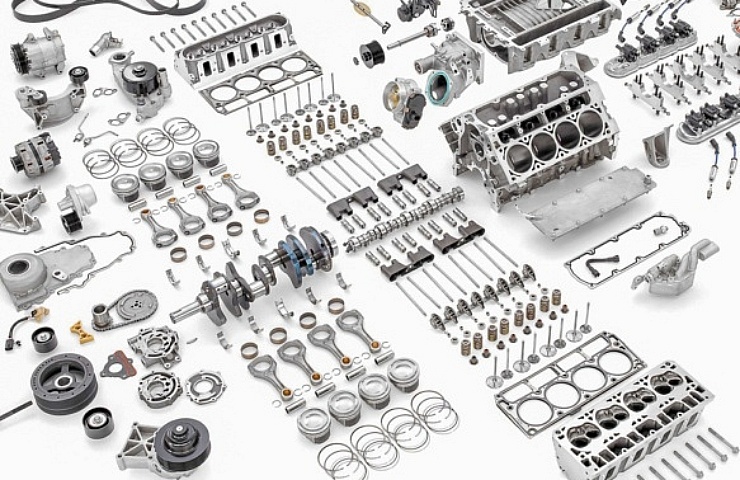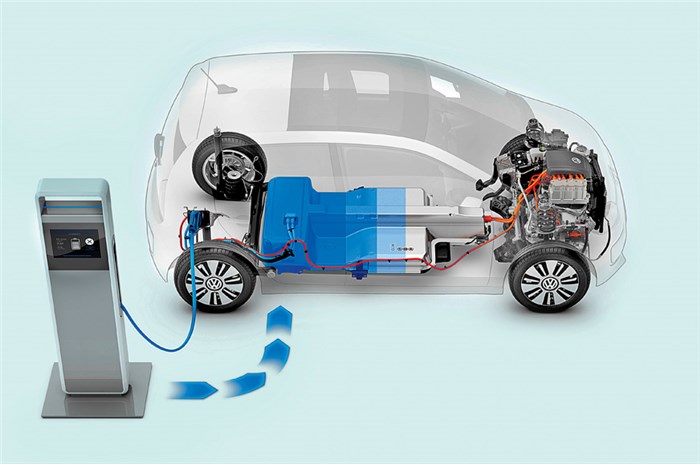The Future of Electric Cars in Spain

Explore the trends and developments of electric vehicles (EVs) in Spain, including the growth of charging stations and incentives for EV owners.
1st Jan 2023
Introduction
During April 2022, Spain saw a total of 2,217 electric cars sold. This figure represents a 22.96% decrease when compared to the sales registered during the same period in the previous year. Remarkably, the top-selling car in the Spanish market proudly carries the "Made in Spain" designation.
Despite the challenges faced by the overall Spanish car market, electric cars continue to demonstrate resilience. In April 2022, electric car sales in Spain totaled 2,217 registered units. This marks a significant growth of 22.96% when compared to the figures from the same period the previous year.
Despite the severe impact of the stock crisis on dealerships, exacerbated by the global microchip shortage and the ensuing economic instability, 100% electric cars continue to exhibit an impressive performance. Furthermore, the cumulative sales figures reflect this resilience. From January to April, registrations of new electric vehicles accumulated to 10,747 units, showcasing an outstanding 84.72% increase compared to the same period in 2021.
In terms of electric car registrations, we observe trends similar to those previously outlined. This is primarily due to the fact that a significant majority of registered electric vehicles fall within the passenger car category. For the month of April, there were 1,925 electric cars recorded, representing a notable increase of 33.22% compared to the same month the previous year. Looking at the first quarter, the accumulated electric car registrations stood at 9,177 units, showcasing a substantial 87.63% surge compared to the first four months of the previous year.
The best-selling electric car in Spain in 2023

Which electric car models have stood out the most? The list of top-selling electric cars in Spain for April shows significant shifts compared to previous months. The top spot is now claimed by the Citroën ë-C4, marking a remarkable achievement. Notably, this electric car is manufactured within Spanish borders, specifically at Stellantis' facilities in Madrid.
The future of electric vehicles
The probability of electric vehicles comprising a larger portion of the car parc in the future is quite high. The real uncertainty lies in the timing—will it happen in 3, 5, 10, or 15 years? In Spain, it's projected that even with robust sales, electric vehicles will likely make up 5% to 7% of the total car parc after a decade.
However, the immediate impact on the independent aftermarket is expected to be minimal. Despite a substantial surge in electric vehicle sales in Spain, the aftermarket will continue to cater to a significant number of traditional cars in circulation for at least the next two decades.
Could electric vehicles pose a threat to the independent aftermarket in Spain?
1. Analysis based on individual car perspective

Electric vehicles boast simpler components, resulting in fewer parts susceptible to deterioration from regular usage. Consequently, the need for part replacements is significantly reduced.
On the other hand, items associated with combustion engines, such as lubricants and filters, will be impacted as they are non-existent in electric vehicles.
2. Analysis based on the total impact

Except for a handful of countries (such as Norway), the current presence of electric vehicles globally is below 1%. Spain aligns with this trend, where electric vehicles constitute less than 1% of the overall car parc.
Considering this 1% share in the total aftermarket volume, the impact is minimal. Currently, there is no imminent threat to the Spanish independent aftermarket regarding electric vehicles.
Summary
There are several formidable barriers to widespread adoption of electric vehicles, and finding viable solutions presents a high level of complexity.
The trajectory of the next few years, driven by technological advancements and the Government's commitment to support this burgeoning industry, will play a pivotal role in enabling GiPA to assess the influence of electric vehicles on the aftermarket. Additionally, it will unveil the diverse opportunities for various stakeholders within the aftersales sector.